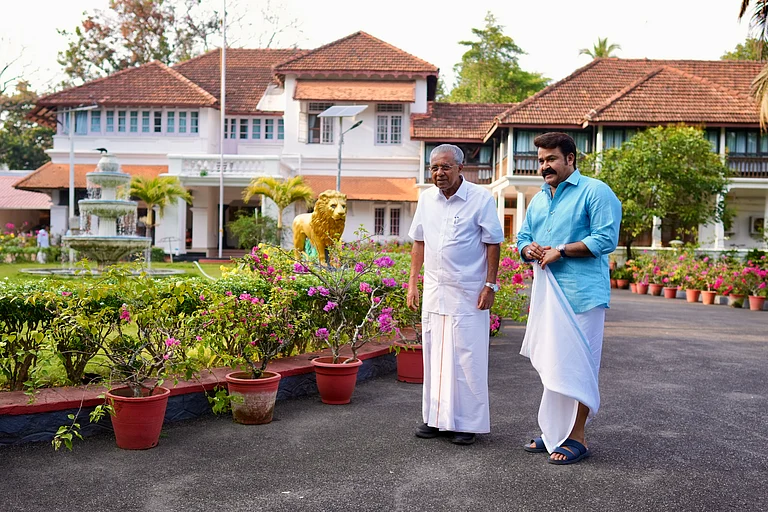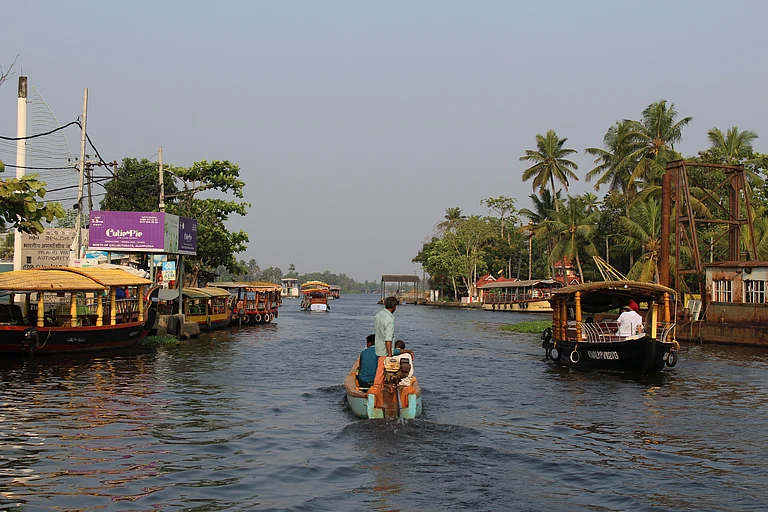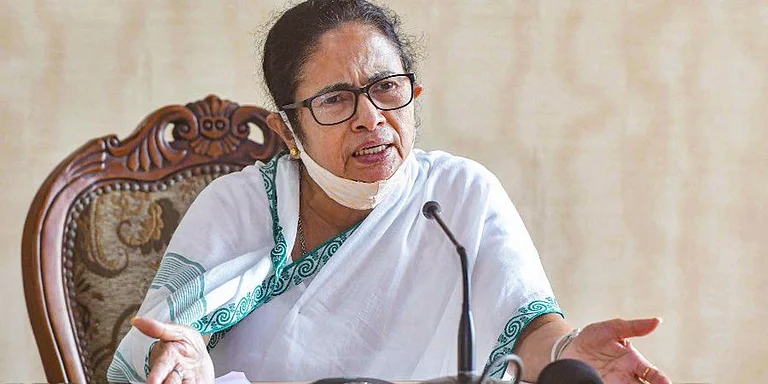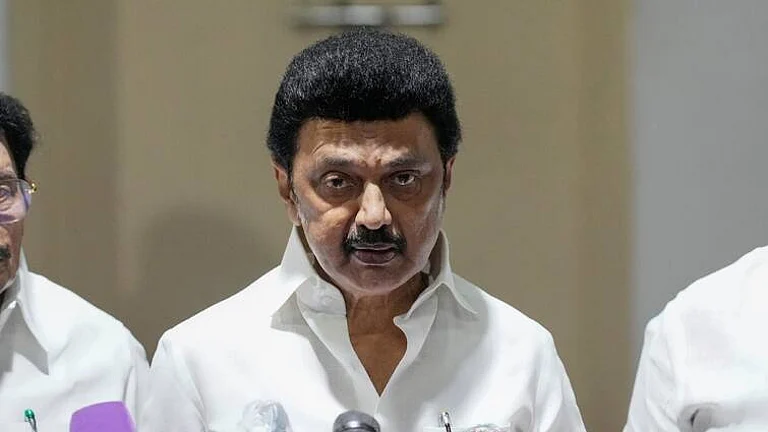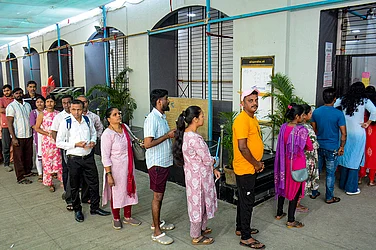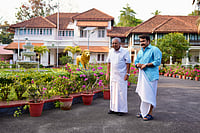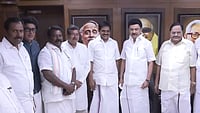
Kerala’s aided and Devaswom institutions remain bastions of caste dominance.
Political parties, regardless of ideology, give scant regard for regulating aided educational schools.
Kerala was the first state to introduce reservation for the Economically Weaker Sections — a move critics describe as little more than an upper-caste reservation in disguise.
A group of Dalit intellectuals and activists in Kerala are spearheading a campaign to address a historical injustice that has shaped the state’s education system since India's independence. For over seven decades, mainstream political establishments—whether in power or opposition—have tolerated and, at times, enabled a system in which government-aided educational institutions, run by private managements and community organisations, enjoy public funding but sidestep constitutional safeguards.
While their dominance in Kerala’s education sector is widely acknowledged, what remains less recognised is how these institutions have systematically bypassed the reservation policy in recruitment. The result has been a silent exclusion: thousands of deserving candidates from Scheduled Castes and other marginalised communities shut out of teaching and administrative posts, even as public money underwrites the system.
Now, Dalit thinkers and activists argue that this long-standing arrangement is not merely an administrative oversight but a structural violation of social justice, one that calls for urgent political and legal redress.
According to the State Planning Board’s estimates, the state has 213 arts and science colleges, of which 153 are government-aided private institutions and 60 are government-run. This indicates that nearly 70 per cent of higher education institutions in the state function under private management while drawing substantial financial support from the government. The extent of public expenditure on the aided sector is significant, as reflected in the 2023–24 budget documents, which record 1,37,761 employees in the aided sector and a salary outlay of Rs18,783 crore.
Despite the government spending heavily on the aided sector, the management of these institutions remains outside the purview of government policies and constitutional mandates on reservations. O. P. Raveendran, who leads a movement for social justice in the aided sector, told Outlook that the contrast with government institutions is stark. “In government colleges, recruitment strictly follows reservation norms. But in the aided sector, appointments mostly go to those who belong to the caste or religion of the management,” he said. According to Raveendran, this disregard for affirmative action violates constitutional principles. “Because of the influence these managements hold over political parties and community groups, the government has been reluctant to act or insist on compliance,” he added.
Private managements, especially Christian groups, were central to Kerala’s educational expansion before independence. After state formation, efforts to regulate private institutions met resistance, leading to the 1959 Vimochana Samaram and the dismissal of the first communist government.
“Since then, no government has made any earnest effort to force the aided management to implement reservation in their recruitment” says Raveendran, who has filed a petition in the Supreme Court challenging the HC order, which said that the government can’t force the management to adhere to the reservation policy.
In 2017, an Assembly committee found that the representation of Scheduled Castes and Scheduled Tribes in the aided education sector was abysmally low. The Committee on the Welfare of Youth and Youth Affairs recommended introducing reservations for SC/ST candidates in appointments to aided schools to correct this imbalance. However, the report gathered dust — neither the ruling Left government nor the opposition showed the political will to act on its findings.
“Not just in aided institutions — the appointments in Devaswom educational institutions also reveal the deep caste fault lines that persist in Kerala society,” says writer and activist Dr A. K. Vasu. “In these government-controlled Devaswom institutions, more than 95 per cent of the staff belong to the upper-caste Nair community. This gross injustice continues to be perpetrated against marginalised communities with the tacit support of mainstream political parties.” According to him, the situation can change only through sustained mobilisation by Dalit and democratic forces, capable of challenging the entrenched social hierarchies within the state’s education system.
It was the Left government that first introduced reservations for the Economically Weaker Sections (EWS) among the upper-caste communities — even before the policy was implemented at the national level. Ironically, the EWS quota was extended to Devaswom Board institutions, where over 95 per cent of the staff already belong to upper-caste groups. “How economic reservation undermines the principle of social justice is becoming increasingly clear,” says former MLA and Congress leader V. T. Balaram. “The EWS quota has allowed students with lower entrance ranks to secure college admissions, as shown in the recent medical and dental admission lists. If the government is serious about ensuring proportional representation, it must first conduct a comprehensive caste survey.”
These contradictions in Kerala’s aided and Devaswom sectors reveal a central dilemma: successive governments use public money to fund institutions that bypass both merit- and justice-based hiring, perpetuating private and caste privilege despite Kerala’s reputation for egalitarianism. This ongoing practice underscores the core argument—a state celebrated for its progress remains complicit in maintaining social and institutional injustice through its educational funding choices.
Unlike the governments in Karnataka and Telangana, the Kerala government has yet to take a clear position on conducting a caste survey — a step seen as essential for ensuring proportional representation. Former Director of the State Backwards Classes Development Department, V. R. Joshi, says this hesitation reflects the entrenched nature of social power in the state. “In Kerala, those who hold power — whether in politics or in the bureaucracy — largely belong to what Ambedkar described as an oligarchy,” he notes. “This reality is repeatedly revealed through administrative measures that work against the spirit of social justice.”








